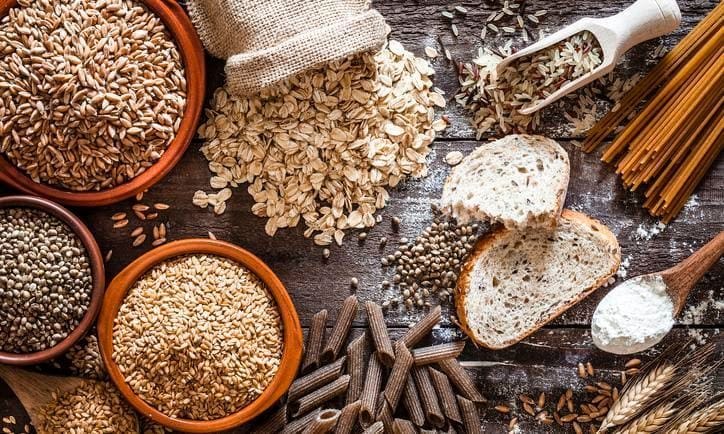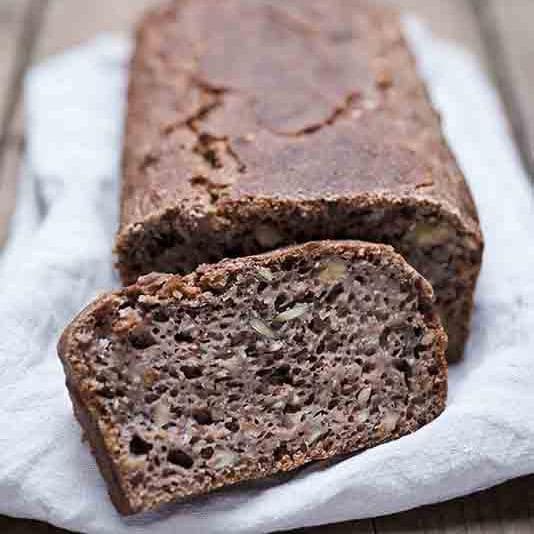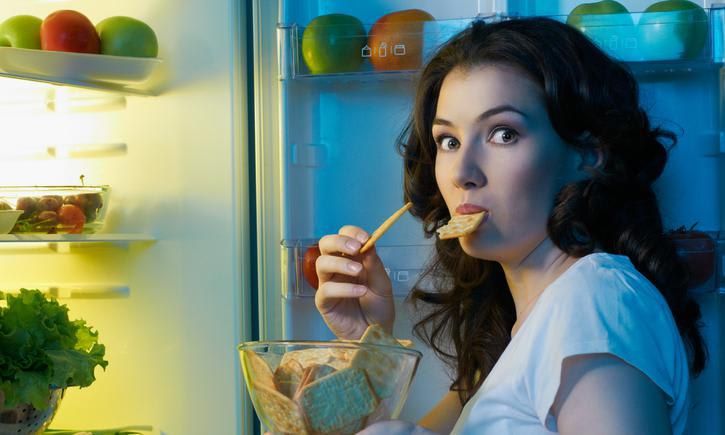Solutions that are quick, easy, long-lasting, and effective just don’t exist when it comes to slimming down. On the contrary, some of these popular beliefs can actually end up being counterproductive, setting you back and leaving you further from reaching your goals. But don’t worry, you can avoid making common mistakes by checking out our list of dos and don’ts. We’re here to tell you why those popular beliefs don’t work when it comes to losing weight:
 © Istock
© Istock1. Any diet will do
Believing that any diet plan will work for you is one of the biggest mistakes people make. First and foremost, as recommended by the World Health Organization (WHO), you should seek the advice of a nutrition professional before starting a diet plan.
Why is that? As nutritionist Elisa Escorihuela explained to Telva, the diet “should be appropriate for your lifestyle, your needs, your age, and your physique,” after all, everyone is different.
 © Istock
© Istock2. Zero carbohydrates!
When we think of a diet, we inevitably assume that the main enemy is carbohydrates and so we cut them out. However carbs are crucial, if you know how to eat them properly and in moderation. Their components, like sugar, starches, and fiber are an essential part of a balanced diet.
“Our body needs carbohydrates for energy, and in particular, for the brain and muscles to function. The United Kingdom Department of Health suggests that at least half of the calories in our diet should come from starchy carbohydrates,” Lucy Chambers, nutrition scientist at the British Nutrition Foundation, explained to BBC Mundo.
You can even eat carbohydrates in the evening, you just need to reduce the quantity.
 © Istock
© Istock3. Skipping meals
There is nothing more counterproductive to a diet than skipping meals, which can actually become a very bad habit. The consequences? It will make you even more hungry, which means you will want to eat excessively at your next meal, achieving exactly the opposite of what you want, which is to lose weight.
 © Istock
© Istock4. Water: Does it make you gain weight? Or lose weight?
Everyone can agree that staying hydrated is essential. However, many people believe that increasing the amount of water you drink will help you shed pounds quicker. This is not the case, though it can help prevent you from confusing thirst with hunger. There are also some who believe that drinking this vital liquid between meals will make you fat, and that is also false.
Water doesn’t have any calories, and according to a report from the Confederation of Consumers and Users, summarized by ABC, drinking water before meals makes you feel fuller, which is why you should drink as much water as you want when you’re on a diet.
 © Istock
© Istock5. Whole-grain = weight loss
There is no question that whole-grain foods can help make you feel fuller, but be careful not to go overboard. Don’t assume that just because they’re allowed in your diet that you’re going to quickly lose weight by only focusing on these foods.
“We can slim down by reducing the amount of food we eat, but never just by eating one specific food,” nutritionist Gretel Cabrera told ABC.
 © Istock
© Istock6. “Fat burning” foods
You’ve most likely heard people say that green tea, cabbage, and grapefruit are the perfect weight-loss foods because they burn fat instantly, but that belief is incorrect. There are no foods with special properties to remove fat from our bodies.
 © Istock
© Istock7. Don’t snack between meals
This myth is closely related to the other one about skipping meals. Ideally, we should understand that in every diet, eating should be balanced, that is, five meals (two of them snacks), as recommended by professionals.
So it is not a crime to want to “snack between meals” when you’re on a diet, as long as they are light, sensible snacks, like fruit, veggies, or low-fat yogurt, because they’ll help control your appetite.
 © Istock
© Istock8. Eating at night?
One longstanding myth is that eating at night causes you to gain weight. This factor is not what determines weight gain, it’s actually the amount of calories you consume. As emphasized by BBC Mundo, when more calories are consumed than the body needs, day or night, you will gain weight.
“Both the Health Center of the University of West Virgina and the online publication WebMD agree, adding that there is no proof that eating late at night causes weight gain,” the media outlet added.




